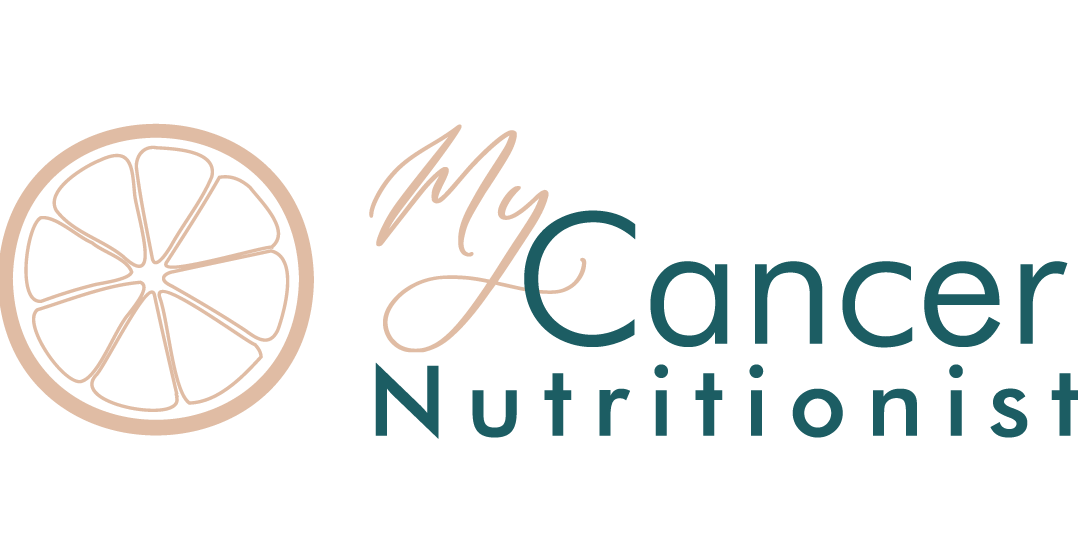Top 5 anti-cancer herbs
I want to share how you can transform any meal into one that packs a mighty anti-cancer punch, and expand your cuisine whilst you’re at it!
Culinary herbs and spices contain a powerhouse of nutrients, health benefits, & enhance the taste of any dish - particularly beneficial if you’re struggling with taste during cancer treatment. Here are my top 5 favourites to. include during a cancer journey or to reduce your risk of a diagnosis.
Garlic (Allium sativum)
Benefits include:
anti-oxidant
anti-bacterial
anti-viral
anti-fungal
anti-protozoal
anti-inflammatory
anti-cancer (particularly breast, gastric, colorectal, brain)
Breast cancer: inhibits DNA damage, inhibits estrogen-receptor-alpha activity (involved in cell growth).
Gastric cancer: shown to improve apoptosis (programmed cell death) in carcinogenic cells & reduce gastric cancer risk.
TOP TIP
Be sure to slice or grate it before you chop other veggies, this will give it time to release the allicin (the bio-active compound).
Curcumin (Curcuma longa) aka Turmeric
Benefits include:
anti-oxidant
anti-inflammatory
anti-microbial
anti-viral
numerous immunomodulating effects (helping the immune system do its job)
Breast cancer: potential ability to reduce or inhibit breast cancer cell growth.
Lung cancer: potential to inhibit cancer cell growth & promote cell death.
Also shown to be beneficial for: gastric cancer, colorectal cancer, pancreatic, hepatic, prostate, head and neck cancers. Curcumin has also been used for numerous other conditions including: arthritis, metabolic syndrome, & liver disease.
TOP TIP:
Add black pepper & a fat source to aid bioavailability, add to soups, stews, scrambled eggs & tofu.
Ginger (Zingiber officinale)
Benefits include:
anti-oxidant
anti-inflammatory
anti-fungal
anti-mycobacterial
anti-nausea & vomiting
anti-carcinogenic
support irritable bowel
Colorectal cancer: potential benefit to reduce tumour risk factors.
Breast cancer: may prevent growth of cancer cells in metastatic breast cancer, helps promote cell death.
Black cumin (Nigella sativa)
Potential benefits include:
anti-oxidant
anti-inflammatory
anti-microbial
anti-bacterial
anti-viral
anti-fungal
anti-cancer
promote programmed cell death
inhibit tumour growth
Shown to exhibit significant anti-proliferative effects against various types of cancer, such as liver, colon, breast, cervical, lung, pancreatic & prostate cancers.
Coriander/Cilantro (oriandrum sativum)
Benefits include:
protects against DNA damage
anti-oxidant
anti-inflammatory
anti-diabetic
promotes removal of heavy metals
may suppress cancer cells ability to migrate.
TOP TIP
If you’re not a huge fan of this herb, you’re unlikely to notice the taste when finely chopped & combined in a sauce, dressing, soup or stew.
Next time you prepare a meal, ask yourself:
“Have I added a herb or a spice to this dish?”
NB: Remember that even herbal supplements may interact with medications reducing their efficacy - so food first, and check with a health practitioner for contraindications before you self prescribe supplements.






